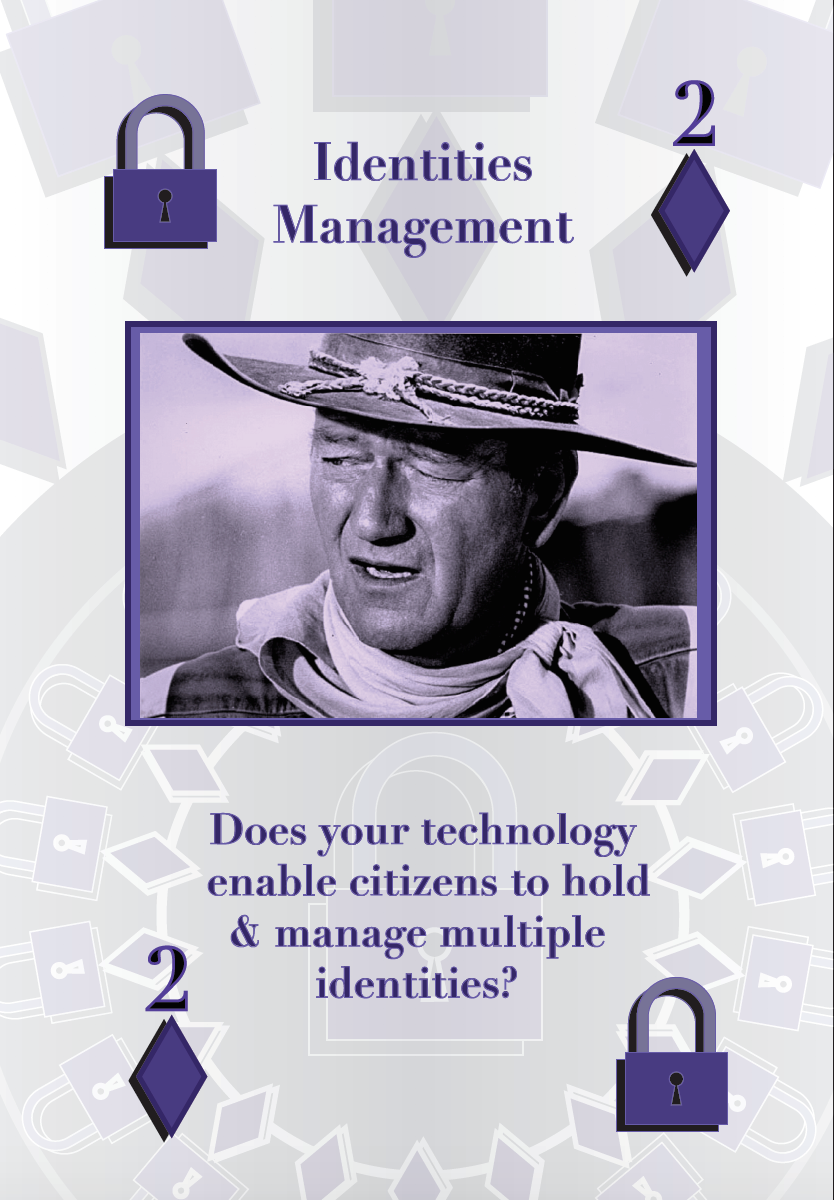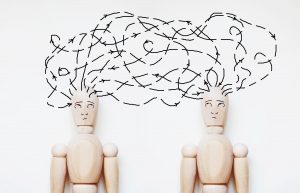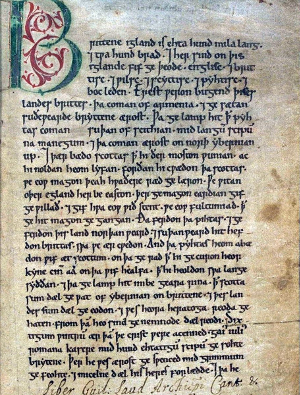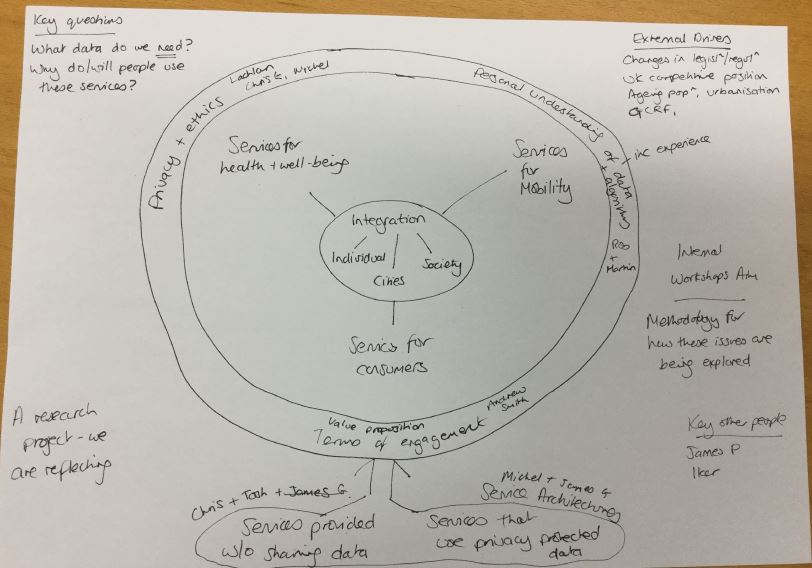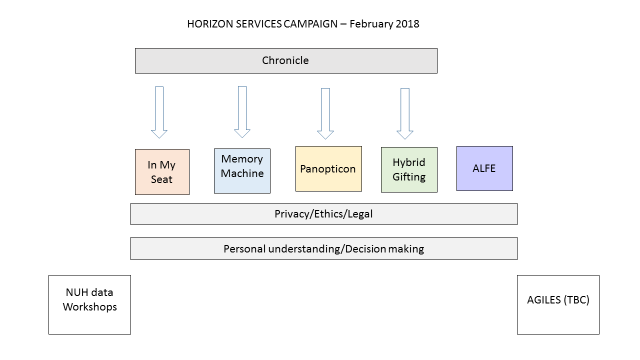We are pleased to begin the ‘Privacy, Law and Ethics’ cross-cutting project as part of the Horizon services campaign. We will be adopting a ‘responsible research & innovation’ led approach to surfacing ethical and legal issues within each of the respective service campaign projects. The goal is to reflect on impacts for wider human values and embed safeguards into the technologies from the beginning, for both research and deployment.
We will be doing this by running a series of workshops with the research teams and partners using our newly developed Moral-IT and Legal-IT cards.
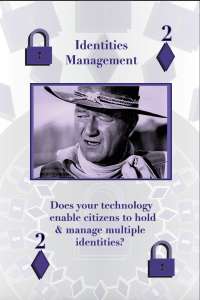
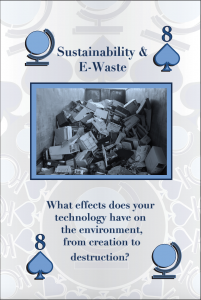
The Moral-IT cards have a broad scope, drawing on a principles and concepts from ethics, privacy, security and law more widely. Their process for use is a more user-friendly impact assessment to foreground risks, likelihood of occurrence, safeguards, and strategies for implementation. We observed a wide range of frameworks from STS, HCI, computer ethics and law to distil our process. These include:
Value sensitive design (Friedman et al 2008),
Reflective design (Sengers et al 2005), a variety of impact assessments including Ethical (SATORI, 2016)/social (Edwards, Diver and McAuley 2016)/surveillance) /privacy (Wright and De Hert, 2012)/ RFID (Spiekermann, 2011) / data protection (ICO, 2014),
Responsible research and innovation (Stahl, Eden and Jirotka, 2013),
Human data interaction (Mortier and Crabtree, 2015),
Real time technology assessment (Guston and Sarewitz, 2002);
Anticipatory governance (Barben et al, 2008)
These new cards and process been developed as part of the project ‘About Algorithms and Beyond’ between project lead Lachlan Urquhart and Peter Craigon. Peter will continue to work with Lachlan in this new project.
The Legal-IT cards focus on five regulatory frameworks relevant to IT, namely the General Data Protection Regulation 2016; Network and Information Security Directive 2016; Cybercrime Convention 2001; Attacks Against Information Systems Directive 2013, and proposed e-Privacy Regulation 2017.
This approach builds on Lachlan’s previous experience using ‘privacy by design’ cards as a tool to supporting reflection and action by IT designers on data protection compliance issues. Through the combination of both decks in exercises and games within the workshops, we will develop understanding of how a variety of issues are being negotiated within different sectors. Given the breadth of the Services campaign, this will include health & wellbeing (ALFE, Memory Machine); transportation (In My Seat); fast moving consumer goods (Hybrid Gifting) & cultural heritage (Panopticon).
For more information please contact: Dr Lachlan Urquhart, Research Fellow, Horizon Digital Economy Research



